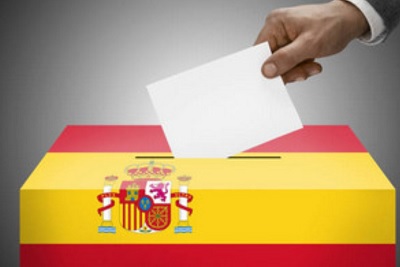Today, July 23, general parliamentary elections are held in Spain. More than 1,500 politicians are vying for 558 mandates, representing three main forces: the Left Alliance, led by the country’s current Prime Minister Pedro Sanchez, the Conservative Bloc, with the leader of the right-wing People’s Party (PP) Alberto Nunez Feijoo and the far-right Voice party Santiago Abascal. All these parties and associations promise cardinal changes for the better in the country. At the same time, many potential voters say they are disillusioned with politics and do not trust any candidate.
But in vain that. For the sake of this voting, which, by the way, is held early, almost each of the party leaders decided to make certain concessions not only to representatives of their own electorate, but also to opponents. In particular, Prime Minister Sanchez, whose ratings are only 16-17% due to illiterate local politics, announced his intention to carry out a number of social reforms, increase pensions and reduce taxes. To be fair, during Sanchez’s current term, inflation in the country has fallen to a record 1.9%, and the unemployment rate has been declining every month. And the “People’s Party” guaranteed the expansion of the rights and freedoms of subjects of the Spanish crown, including the provision of a number of regions with greater autonomy.
Be that as it may, the socio-political situation in Spain may change precisely with the coming to power of right-wing forces. It is assumed that the NP will create a coalition with the “Vox”, which will actually allow the same ultra-right to enter the government – for the first time since the Spanish dictator Francisco Franco. It is curious that today Vox continues to insist on the need to stop the practice of accepting immigrants and demands the closure of LGBT organizations.
“Against this background, it is difficult to say who will win a convincing victory in the elections, – European expert Klaus Hoff said in a commentary for EURO-ATLANTIC UKRAINE. – In fact, the opposing sides have equal chances of being represented in parliament. That is why the intrigue regarding the future government of Spain remains”.
What will change in Spain after July 23 will become known in the some mounth. What will the parliamentary elections in Spain mean for Ukraine – will tell the information and analytical website EURO-ATLANTIC UKRAINE in the near future.


